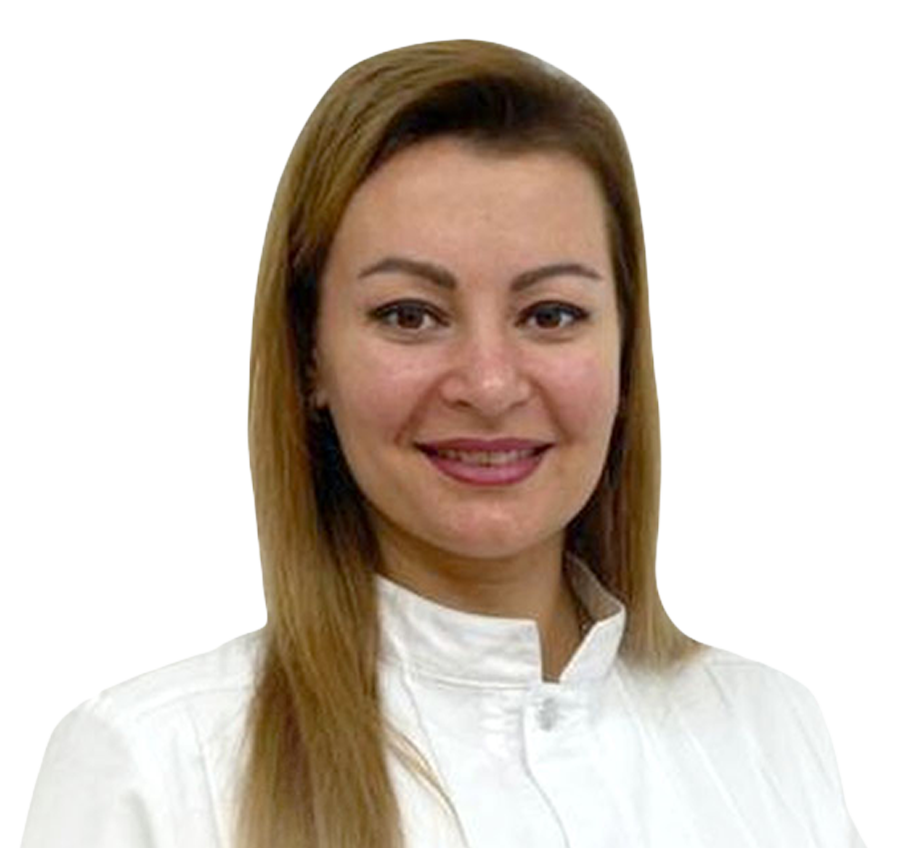Photodynamic therapy (PDT) emerges as a cutting-edge treatment harnessing light and specialized medications to target and eliminate abnormal cells.
This innovative therapy finds applications in various medical fields, demonstrating remarkable efficacy in treating specific conditions.
What is Photodynamic Therapy?
Photodynamic therapy involves the use of a photosensitizing agent activated by light to destroy abnormal cells or tumors.
The photosensitizer is applied or injected into the body and, when exposed to specific light wavelengths, selectively destroys targeted cells.
Why is it Necessary?
PDT serves as a minimally invasive treatment for various conditions, including certain types of skin cancer, precancerous lesions, and certain infections.
It offers a targeted approach, minimizing damage to surrounding healthy tissue.
Who Performs It?
PDT requires a specialized team comprising healthcare professionals trained in the administration of photosensitizing agents and the application of light sources.
Dermatologists, oncologists, and other specialists proficient in PDT oversee its implementation.
Who Needs This Procedure?
Individuals diagnosed with certain types of skin cancer, precancerous lesions, or certain infections that are responsive to PDT may benefit from this therapy.
It’s particularly advantageous for cases where conventional treatments might be less effective or more invasive.
What are the Consequences of Not Undergoing the Procedure?
Choosing to forgo PDT in eligible cases could result in the progression of conditions like certain skin cancers or infections.
Delaying or avoiding this targeted therapy might lead to the need for more extensive treatments, with potentially higher risks and complications.
Conclusion
Photodynamic therapy stands as an innovative and targeted treatment option for specific conditions.
Its precision in targeting abnormal cells while minimizing damage to healthy tissue marks it as a promising therapeutic approach.


